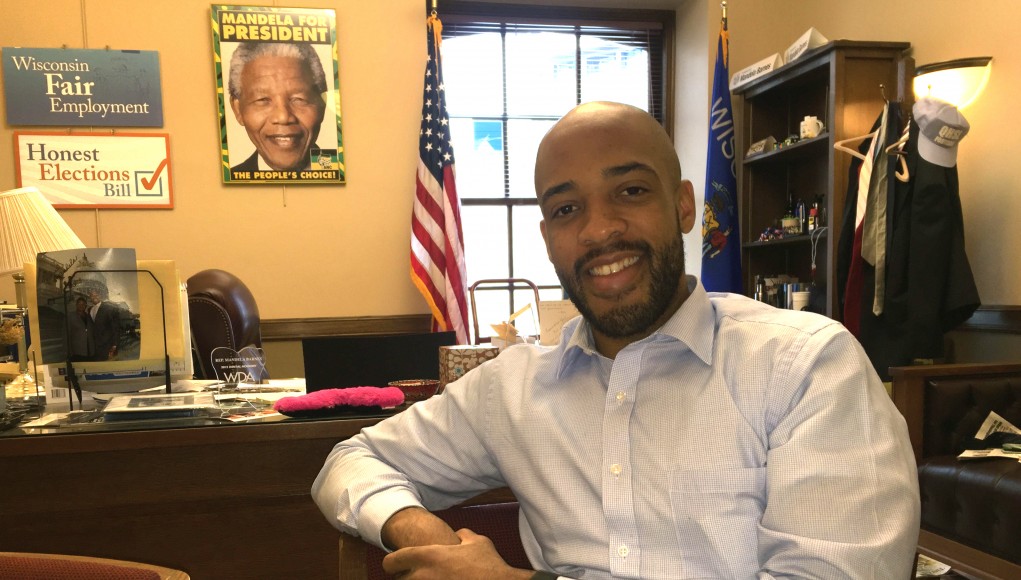Like most people, I interpret the role of state government to be enacting just laws that will create safer and more prosperous communities and improve quality of life for all Wisconsinites. As an elected official, the most important part of my job is considering how laws will affect my constituents. No law should suppress the constitutional rights of an individual citizen, particularly their right to vote.
Since their inception in 2011, Wisconsin’s voter ID laws have been controversial and their constitutionality has been called into question. This week, Wisconsin’s Voter ID laws are on trial as the US District Court decides whether or not voter ID laws in this state were written with the specific intention to suppress the minority vote.
This week, I was appalled to read testimony from a former Republican staffer describing the glee of my republican legislative colleagues during the passage of Wisconsin’s voter ID laws. This former aide testified that current Senate President Mary Lazich urged her colleagues to, “think about what this would mean for the neighborhoods around Milwaukee and the college campuses,” if such restrictive legislation was passed.
Let’s consider Senator Lazich’s statement. It is hard to interpret these words without concluding that Republicans did, in fact, seek to make voting more difficult for minorities in this state when they created voter ID laws. She targeted Milwaukee and college campuses because they represent a potential threat to Republican political power in Wisconsin.
Instead of playing fair and letting our democratic process prevail, Wisconsin Republicans wrote laws to limit participation, and it worked. Milwaukee residents, who coincidentally represent some of the more diverse and liberal populations in Wisconsin, have seen increased difficulty registering to vote during the past five years.
Testimony this week highlighted how obtaining a valid voter ID card can be all but impossible for people who do not have birth certificates, who have discrepancies on their ID cards, and who have limited ability to travel to the DMV. These laws and regulations are alleged to eliminate voter fraud, but in reality they’re limiting voter turnout. These blatant attacks on the democratic process are unacceptable, which is why I am fighting against them.
During this past legislative session, I authored numerous bills to increase the engagement of citizens in our democratic process by making it easier to register to vote.
One proposed law would automatically register voters based on information the Division of Motor Vehicles has in its electronic files. Under the “Motor Voter” law of 1993, Americans gained the ability to register to vote at DMVs and other government offices, but the burden was still on them to fill out paperwork and update registration statuses with name and address changes. This bill puts the burden on the state, not the individual (who may still ask to be removed from the rolls if he or she prefers). In simplifying and modernizing the process, we have the ability to engage a larger percentage of our voting base in the democratic process.
I have also authored legislation allowing 16 and 17 year olds to complete a pre-registration form and be automatically added to the voter rolls when they reach voting age. With this initiative, I hope to encourage informed voting at an early age and increase the odds that young people will make a lifelong habit of participation in our democracy.
Finally, I coauthored legislation that creates an online voter registration website. This legislation will grant unparalleled accessibility to the registration process without putting undue stress on our current system.
Voting is one of our most basic rights as citizens. We cannot become complacent with the system, especially when it threatens our livelihood and our ability to participate in the democratic process. The results of this trial will have huge implications for the future of Wisconsin elections, but it is also crucial for citizens and legislators to be diligent in defending our right to vote.




























